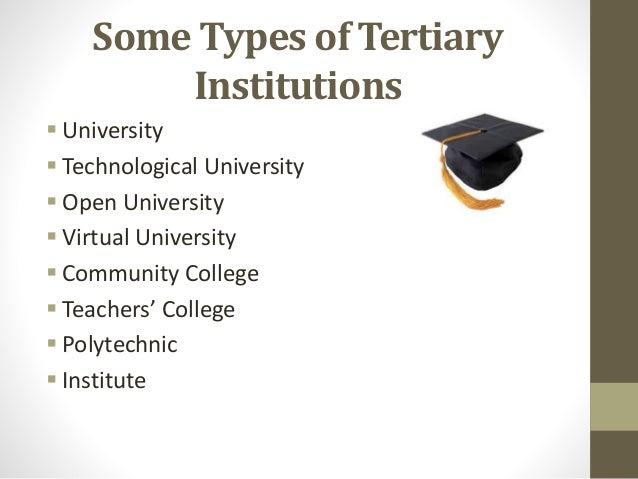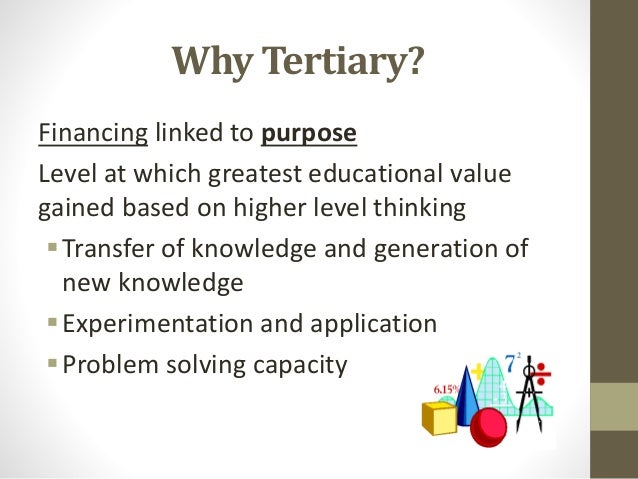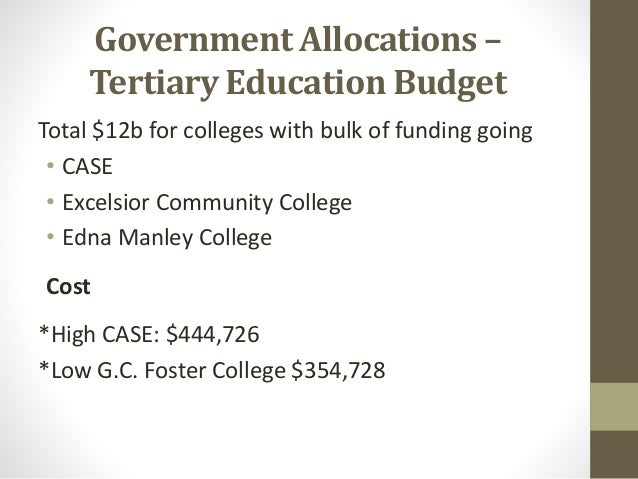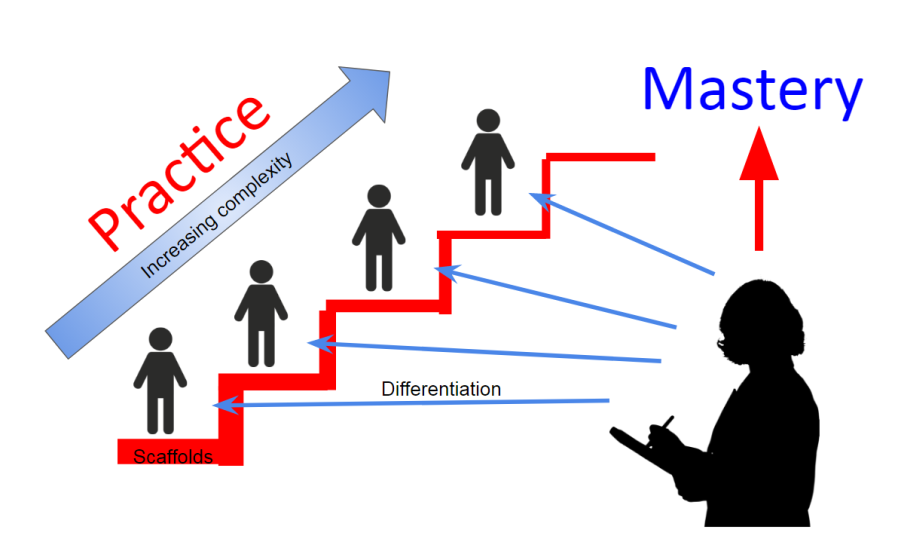Educational Level Definition. Educational stages are subdivisions of formal learning, typically covering early childhood education, primary education, secondary education and tertiary education. Anyone looking to achieve the highest formal level of education possible in England, Wales and Northern Ireland - and/or become a fully qualified Doctor.

Educational management, also sometimes known as educational administration, is commonly associated with elementary and secondary schools as well as institutes of higher learning like colleges and universities.
Educational stages are subdivisions of formal learning, typically covering early childhood education, primary education, secondary education and tertiary education.
Definition: Educational attainment is defined as the highest grade completed within the most advanced level attended in the educational system of the country where the education was received. Use the Study in the States glossary to define key terms throughout the F and M student process in the United States. Educational methods include teaching, training, storytelling, discussion and directed research.








